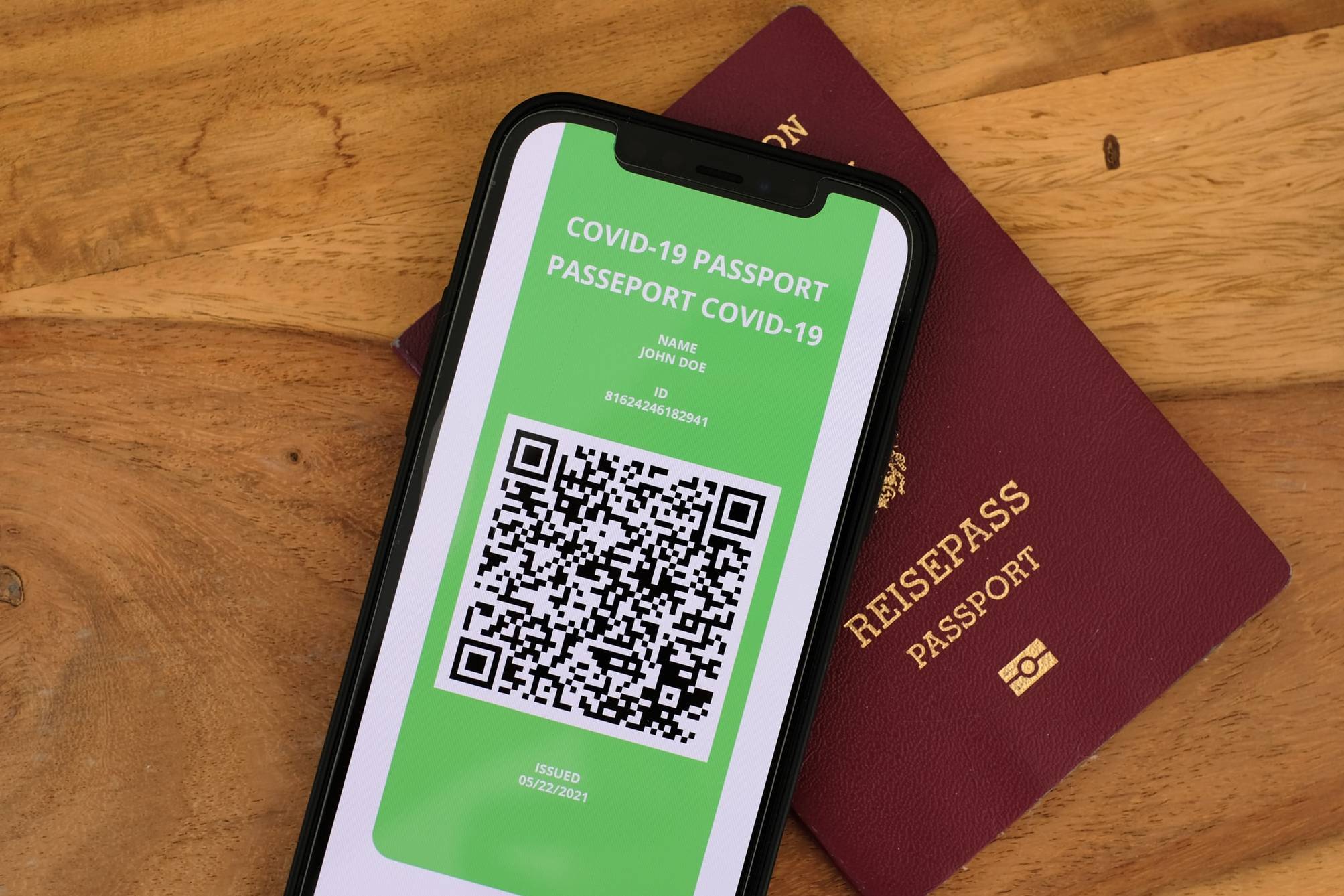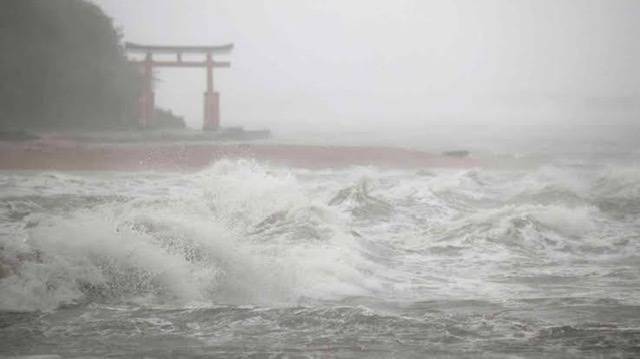Vaccine passports are inevitable

As more countries set up requirements to see proof of vaccination for entry, persons who chose not to get vaccinated are getting creative to beat the system. A booming business has sprung up on the internet, where people can purchase fake vaccination cards for between US$25 and $200.
On Tuesday of this week, Guyana’s Health Minister, Dr Frank Anthony, said that the government is currently investigating around 12 to 15 cases of forged vaccine cards.
In Jamaica, Minister of Health, Dr Christopher Tufton, said this week that they “have seen cases of persons allegedly having fake vaccine cards and that [it] is increasingly becoming a challenge.”
Jamaica has now fully committed to implementing a digital COVID-19 vaccination card, which the government said would be available by December. Guyana has also indicated in the past; they are willing to go the route of a digital vaccination passport as well to “get back to normalcy.”
It is no secret that other Caribbean countries are harbouring the thought of having digital vaccination cards to help with forgery and to stay on top of requirements imposed by larger countries.
Barbados was one of the first countries to implement a digital platform to show proof of covid testing.
At the 42nd regular meeting of the conference of the Heads of Government of CARICOM in July, leaders “agreed to consider the use of a Vaccination Passport for vaccinated persons travelling by air and sea, supported by a Digital Vaccination Database, possibly based on the Barbados model in the first instance.”
There are also reports that the British Virgin Islands (BVI) was unveiling a digital vaccination database that “will be internationally recognized to meet the strict proof-of-vaccination requirements of other countries.” BVI’s Chief Medical Officer, Dr Ronald George, said: “That the territory’s official vaccination database will ensure that unscrupulous persons will be unable to produce counterfeit copies of them.”
The problem for Caribbean countries is multifold. They all depend on tourism to sustain their economies. To provide tourism services, they must ensure that their employees are free from covid. These employees mix with the broader population, mostly not inoculated, and therefore risk spreading the virus. These countries have low vaccination rates because they do not have access or funding to procure vaccines, and of course, there is strong resistance from members of their populations. Having a low vaccinated population, risk being placed on travel ban lists, which discourages travellers from coming to their shores. At the same time, the main tourist-supplier nations are increasingly mandating vaccination cards and require proof of vaccination.






0 Comment